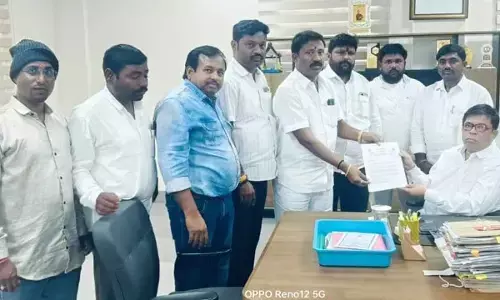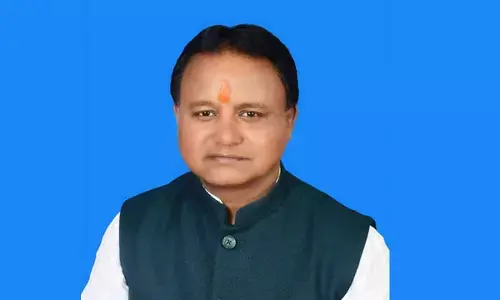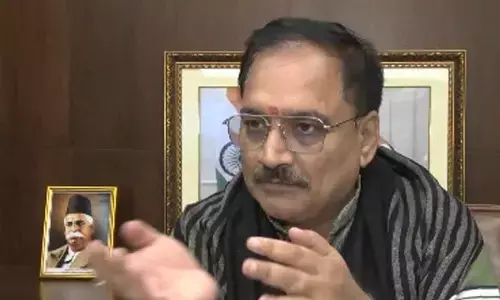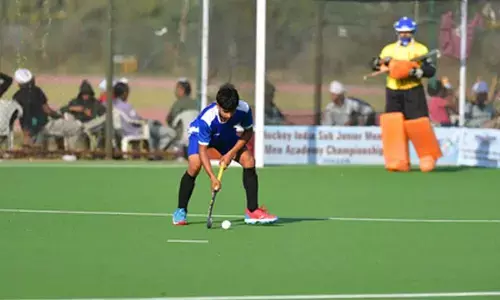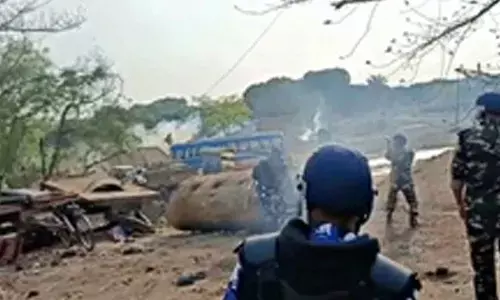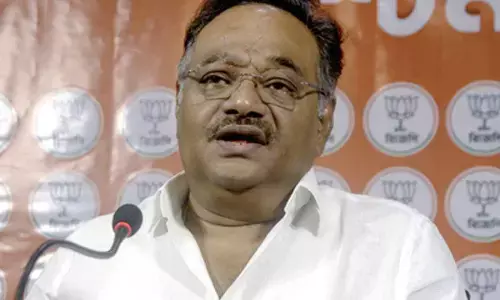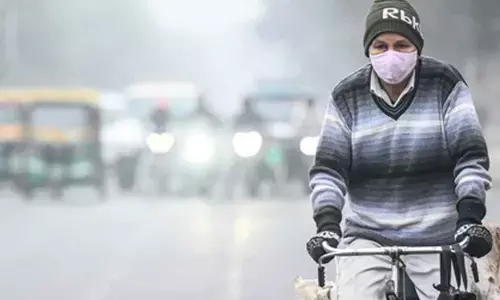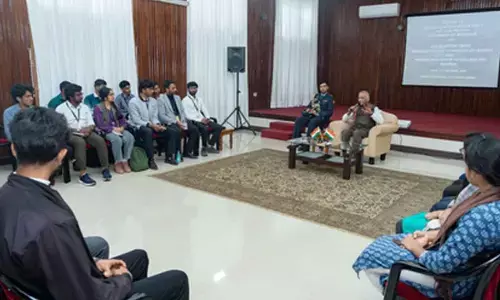Simultaneous polls an unworkable idea
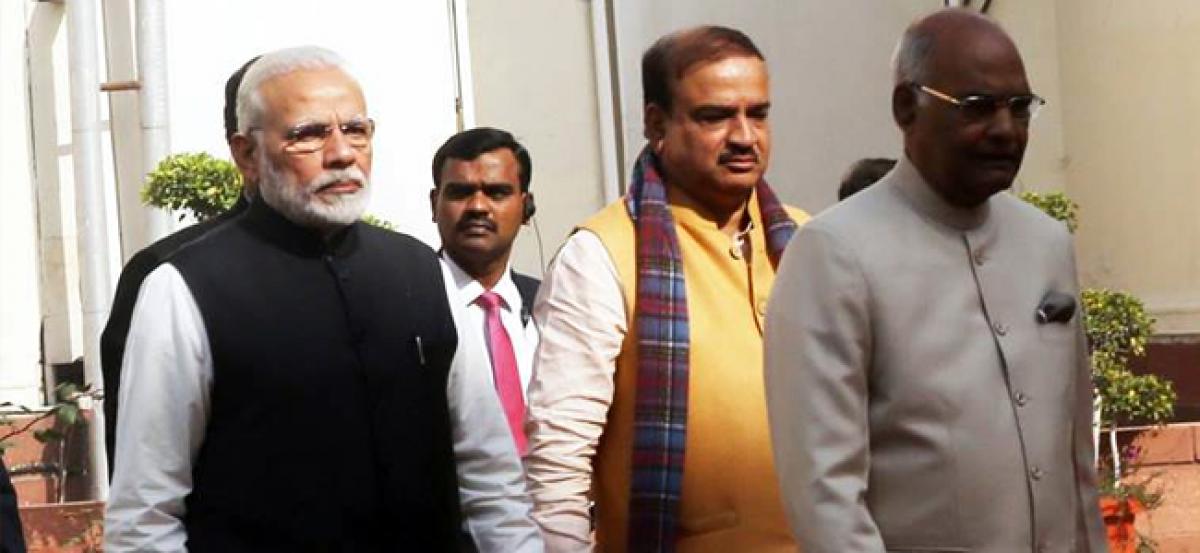
By backing the concept of simultaneously conducting state and Lok Sabha elections, Prime Minister Narendra Modi has triggered a debate around the readiness and willingness of India to experiment with the radical model.
By backing the concept of simultaneously conducting state and Lok Sabha elections, Prime Minister Narendra Modi has triggered a debate around the readiness and willingness of India to experiment with the radical model. Doing so is expected to save bureaucratic time, cut costs and prevent politically motivated policy decisions.
But, is it a democratic move in the first place? Does it not go against the spirit of cooperative federalism? What is a better solution - One Year, One Poll or One Nation, One Poll'? Even the President of India, Ramnath Kovind had advocated simultaneous polls in his address to the Parliament at the beginning of the last Budget Session. The PM has strongly been pushing the same. The Parliamentary Standing Committee on the Feasibility of Holding Simultaneous Elections, the 170th Report of the Law Commission of India and a concept paper by the NITI Aayog have presented varied views on the issue earlier.
The NITI Aayog has made a radical proposal to hold the first phase elections to 14 States along with Lok Sabha and Assembly elections in 2019. In the second phase, polls are to be held in October-November 2021. Once these elections are synchronised, then the polls could be held once in two-and-a-half years each, it opined. Putting the cost of holding separate elections at Rs 4,500 crore, a report of the Parliamentary Committee suggested holding simultaneous elections to save public money. The talk gained currency of late because of the impending elections to Chhattisgarh, Madhya Pradesh, Mizoram and Rajasthan which are slated for the end of 2018 and early 2019. A few other States will also be going to polls alongside.
Simultaneous elections give the government uninterrupted four years for governance and to work on the issues of the public even if one full year is taken out for preparations and campaign. Such an election could ensure the democratic system from falling prey to political ambitions of leaders who are willing to sacrifice larger interests of the nation for their own cause. However, the argument that simultaneous elections are better as the time lost to model code of conduct is less is frivolous. The model code is at best in place for a month, which is a fraction of the 60 months of time of the elected government. Secondly, most governments now-a-days announce a slew of schemes just before the code comes into play. Secondly, the cost of conducting Assembly elections (per State) is pittance compared to the huge budgets of States.
Those who argue in favour of One Election concept say political rallies disrupt traffic and add to noise pollution. Political rallies are the bloodline of democracy and not a nuisance one has to put up with. Moreover, in countries like us, elections also act as deterrent to the errant governments. Again, One Election needs crucial amendments to the Constitution which could alter the basic structure of the Indian federal structure and undermine the political autonomy of States while altering the dynamics of political decentralisation in India.








